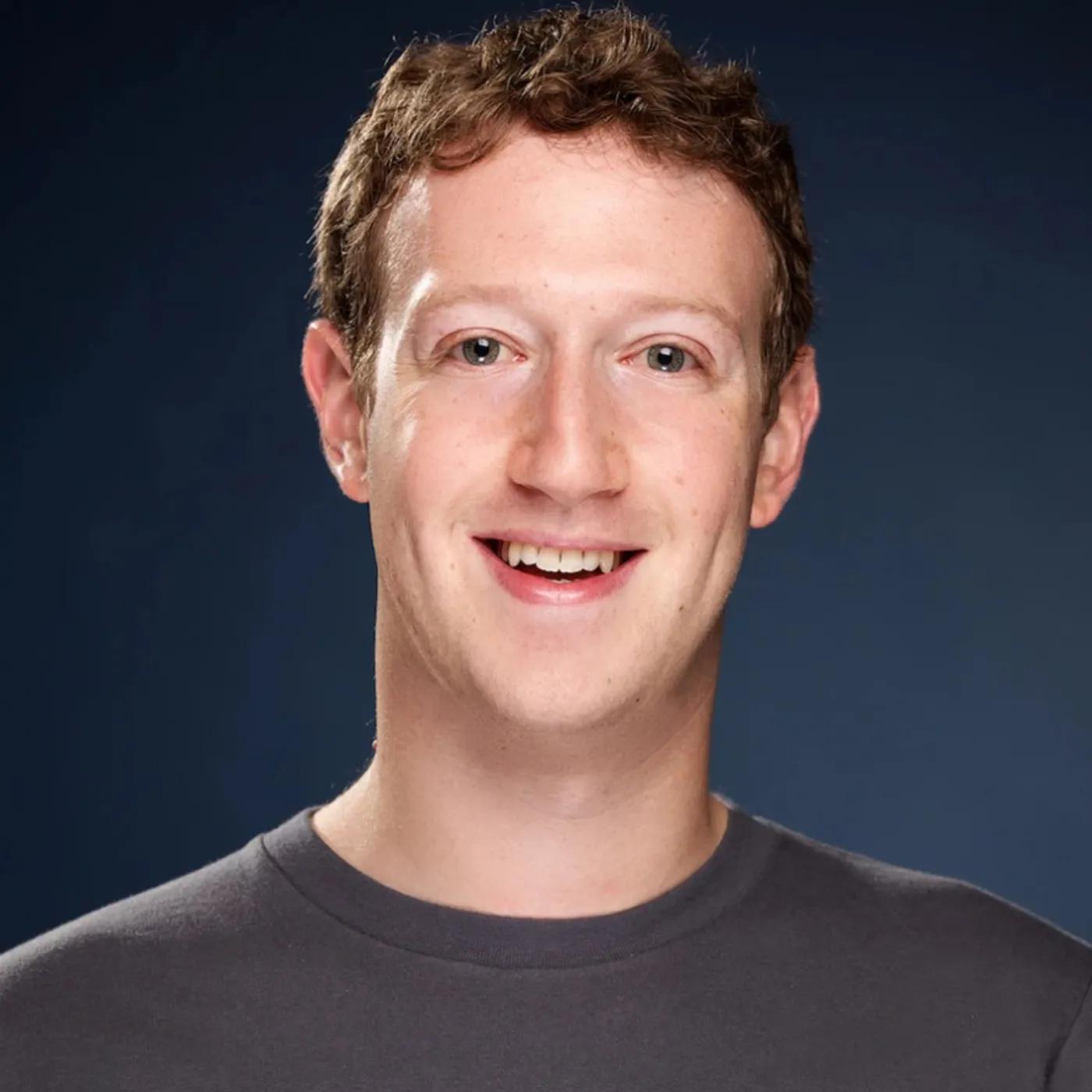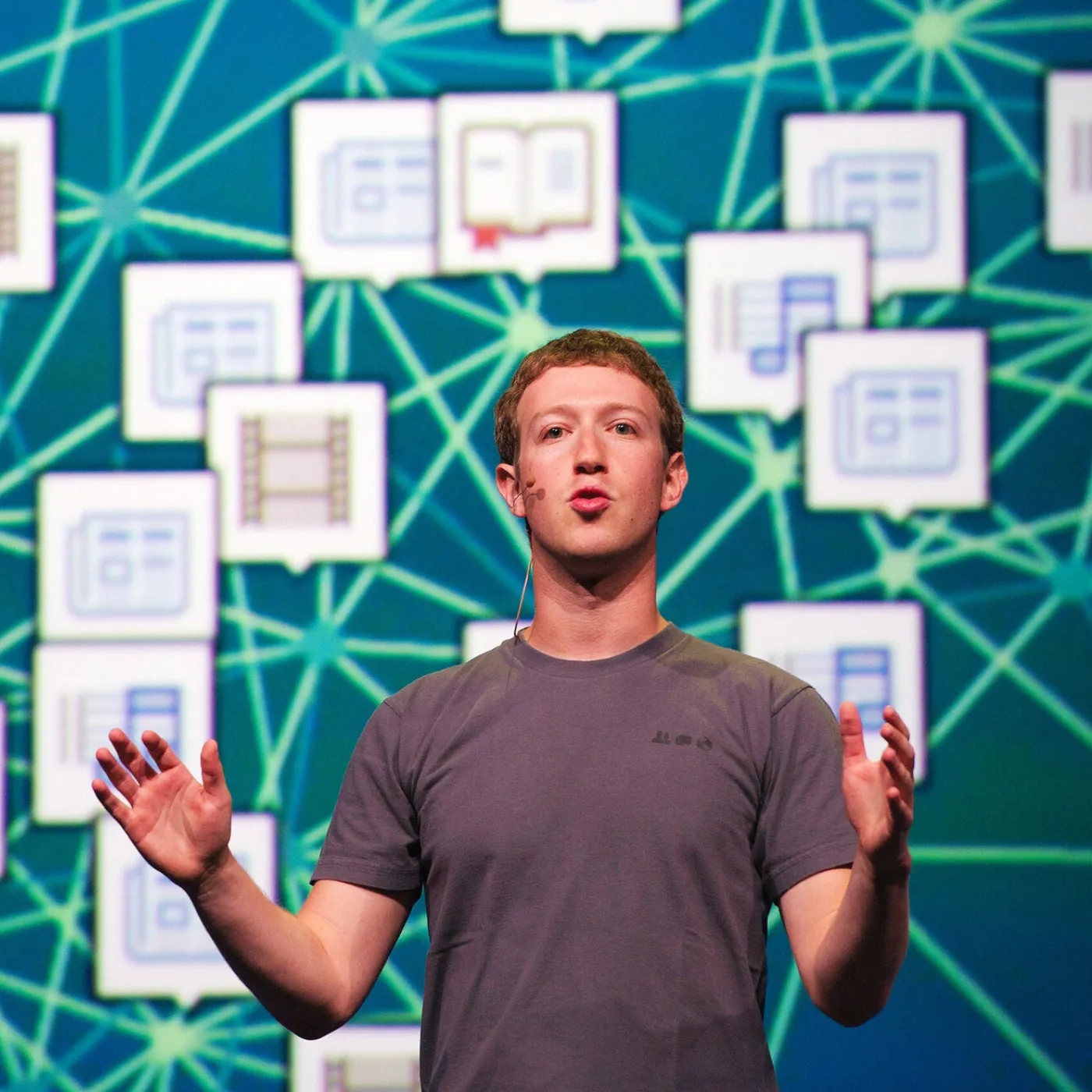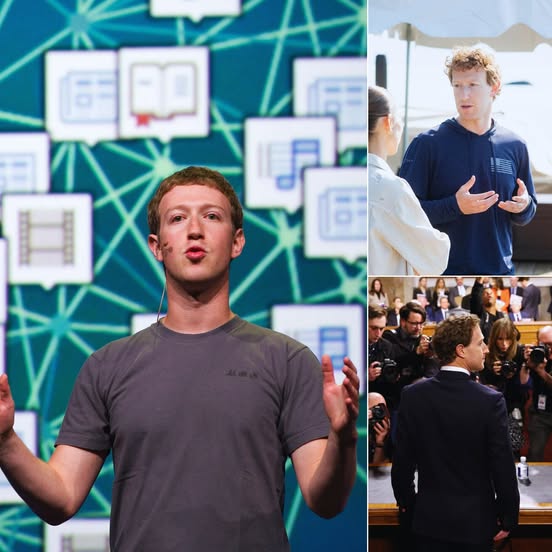In a move that has sparked outrage across social media and local communities, Mark Zuckerberg’s nonprofit, which promised to change the future for low-income families, has pulled the plug on its ambitious Silicon Valley school project. The decision to shut down the school, initially aimed at offering high-quality education to children from disadvantaged backgrounds, has raised more than a few eyebrows. What began as a game-changing initiative has quickly turned into one of the most talked-about controversies in recent times.

The Shocking Shutdown and What It Means for Low-Income Families
The closure of this school has left parents, students, and educators in disbelief, particularly considering the significant promise the project held. Zuckerberg’s initiative, which received millions in funding, was expected to provide an innovative, cutting-edge educational experience. Now, many are left wondering, how could this happen?
The initial optimism surrounding the school’s founding was palpable. Zuckerberg, who has been at the forefront of technological innovation through Facebook, envisioned a future where tech giants like him would help uplift the most vulnerable sectors of society. He and his wife, Priscilla Chan, founded the Chan Zuckerberg Initiative (CZI) with the goal of addressing major societal issues such as education, health, and inequality. However, the recent shutdown has thrown a major wrench into this vision.
The Promise of Innovation in Education
When Zuckerberg first announced the school project, it was hailed as a revolutionary initiative. The idea was simple yet ambitious: create an educational environment that leveraged cutting-edge technology and innovative teaching methods to provide low-income families access to high-quality education. Zuckerberg’s plan was to build a model school that would act as a blueprint for the future of public education.
The school was designed to incorporate personalized learning experiences, where each child’s unique needs would be addressed through adaptive technologies. The data-driven approach promised to break down the traditional barriers in education and set a new standard. The hope was that Silicon Valley, often seen as the hub of progress and innovation, could be the birthplace of a new educational paradigm.
The Backlash and Questions Raised
Now, the abrupt shutdown of this school raises several important questions. Why did Zuckerberg’s nonprofit, which has invested heavily in this project, decide to pull the plug? Was it a matter of mismanagement, or did the idea simply not work as envisioned?
The backlash on social media has been swift and vocal. Many critics feel betrayed by Zuckerberg’s decision, seeing it as another case of tech elites coming up with lofty ideas but ultimately failing to deliver real, lasting impact. Some see it as an example of how even the most well-funded philanthropic ventures can miss the mark, particularly when they are out of touch with the actual needs of the communities they aim to serve.
The backlash is particularly harsh given Zuckerberg’s public stance on addressing social inequalities. His charitable donations and focus on issues like education were supposed to reflect his commitment to improving society. Yet, this move has cast a shadow over his credibility and raises doubts about the effectiveness of nonprofit-driven education reforms.

The Money Behind the Initiative
It’s impossible to ignore the scale of funding that went into the Chan Zuckerberg Initiative. The nonprofit received billions in donations, with a significant portion earmarked for the school project. This raises an important issue: Where did the money go, and why is the project failing? Critics point to the unprecedented scale of the initiative and question whether the approach to tackling education was misguided from the beginning.
Despite the enormous financial backing, critics argue that the nonprofit neglected to properly engage with the local community and its educators. This lack of ground-level collaboration may have led to the failure of the school. The initiative may have been designed with the best of intentions, but without adequate feedback from those it aimed to serve, it struggled to live up to its promise.
The Silicon Valley Disconnect
One of the most talked-about aspects of the controversy is the disconnect between Silicon Valley’s approach to problem-solving and the reality of the communities it aims to help. Silicon Valley, known for its entrepreneurial spirit and tech-driven solutions, often fails to acknowledge the complexity of the human element in social issues like education. Tech moguls like Zuckerberg have good intentions, but their focus on data and innovation sometimes overlooks the nuanced challenges faced by individuals in low-income communities.
In this case, Zuckerberg’s vision for a personalized, tech-driven educational system might not have resonated with the students or teachers who were part of the project. The question arises: Did the community feel heard? Were real educators consulted in the creation of this new model, or was it more about what Silicon Valley thought was best for them?
The Future of Zuckerberg’s Nonprofit
Despite the setback, Zuckerberg’s Chan Zuckerberg Initiative is far from being over. The nonprofit has made progress in other areas, including healthcare and criminal justice reform. However, the failure of the school project will likely tarnish the public perception of his nonprofit’s educational efforts for some time. Zuckerberg will need to rebuild trust and demonstrate that his initiatives can truly make a lasting difference in education.
The future of Zuckerberg’s nonprofit now hinges on how the organization handles this scandal. Will they pivot and learn from their mistakes, or will they double down on their original vision and continue to pour resources into a flawed model? The next steps will determine if this failure will be a minor blip or if it will mark a significant turning point in how Zuckerberg and other tech giants approach philanthropy.
The Cultural Impact of the Shutdown
The closure of this school also raises broader questions about the role of big tech in shaping societal issues. For years, tech moguls like Zuckerberg have been seen as saviors of social problems, using their immense wealth and influence to solve issues in education, healthcare, and beyond. However, this incident serves as a reminder that not all tech-driven solutions are the right answers for complex, human-centric challenges.
The public’s growing skepticism of tech billionaires and their involvement in social issues has reached a fever pitch. Zuckerberg’s shutdown decision has only exacerbated this tension, as people are increasingly questioning whether tech giants should have the power to shape such fundamental areas of society.

A Turning Point or Just Another Misstep?
Mark Zuckerberg’s decision to shut down his nonprofit’s Silicon Valley school is a stark reminder that not all philanthropic ventures are as successful as they seem. The backlash has been severe, but it also opens the door for a larger conversation about the role of big tech in social change. Will this be a turning point for Zuckerberg’s nonprofit, or is it just another misstep in the pursuit of innovative solutions for the world’s problems?
One thing is certain: Zuckerberg’s reputation and his nonprofit’s future depend on how they move forward from this controversial decision. The tech mogul may have been able to build an empire on the back of social media, but now he must prove that he can tackle the deeply human issues of education and inequality without losing sight of the people at the heart of these challenges.
